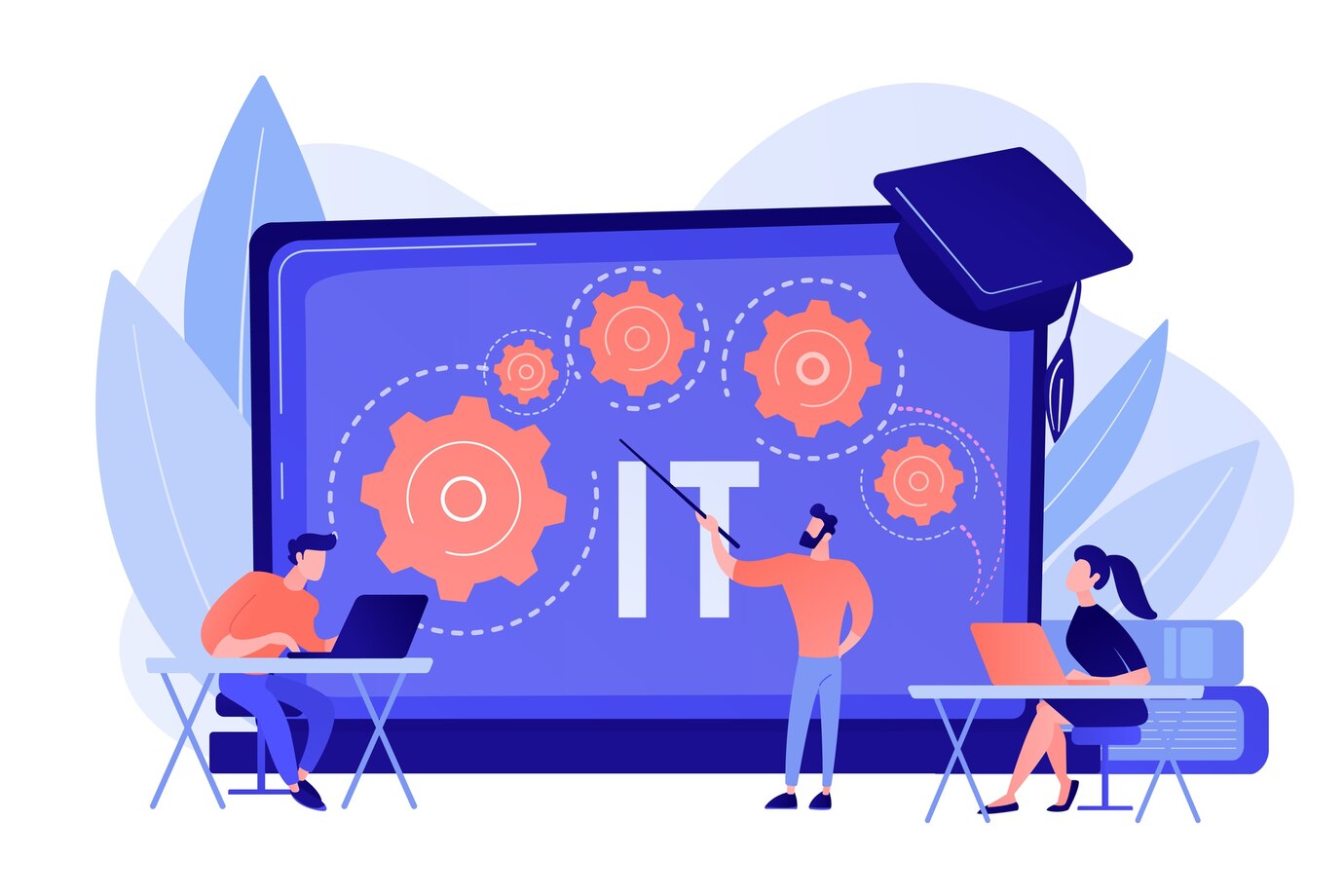In the fast-paced and ever-evolving world of technology, IT managers play a pivotal role in ensuring the smooth operation of an organization’s digital infrastructure. To excel in this position, IT managers must possess a diverse set of skills that go beyond technical expertise. In this article, we will delve into the essential IT manager skills necessary to lead effectively in the digital age.
1. Technical Proficiency
First and foremost, IT managers must have a strong foundation in technical skills. This includes knowledge of operating systems, network management, cybersecurity, cloud computing, and emerging technologies. While IT managers may not need to be experts in every area, a broad understanding is crucial for making informed decisions and providing guidance to their teams.
2. Leadership and Management
Effective leadership and management skills are paramount for IT managers. They must inspire and guide their teams, set clear objectives, and delegate tasks efficiently. Strong leadership fosters collaboration, innovation, and a positive work environment. Moreover, IT managers must be adept at performance evaluation, coaching, and conflict resolution.
3. Communication
Clear and concise communication is vital for IT managers. They must convey complex technical information to non-technical stakeholders, ensuring that everyone understands the implications and benefits of IT decisions. Effective communication also extends to team interactions, fostering collaboration and understanding among team members.
4. Problem-Solving and Critical Thinking
In the dynamic IT landscape, challenges and issues are inevitable. IT managers should excel in problem-solving and critical thinking, rapidly assessing situations, identifying root causes, and implementing effective solutions. The ability to make informed decisions under pressure is a hallmark of a successful IT manager.
5. Project Management
IT managers often oversee multiple projects simultaneously. Proficiency in project management methodologies, such as Agile or Scrum, is invaluable. They should be skilled in setting project timelines, allocating resources, and ensuring that projects are delivered on time and within budget.
6. Strategic Planning
A forward-thinking IT manager is a strategic asset to an organization. They should align IT initiatives with the company’s overall business goals, anticipating future technology needs and trends. Strategic planning ensures that IT resources are invested wisely and contribute to the organization’s growth and competitiveness.
7. Vendor Management
In today’s interconnected IT ecosystem, vendor relationships are critical. IT managers must excel in vendor management, from selecting reliable technology partners to negotiating contracts and monitoring service-level agreements. Effective vendor management ensures that the organization gets the most value from its technology investments.
8. Cybersecurity Awareness
With the increasing threat of cyberattacks, IT managers must prioritize cybersecurity. They should stay updated on the latest security threats and best practices, implement robust security protocols, and educate their teams on cybersecurity awareness. Protecting sensitive data and systems is a top priority.
9. Budgeting and Financial Acumen
Financial responsibility is a core aspect of an IT manager’s role. They should be proficient in budgeting, cost analysis, and resource allocation. Effective financial management ensures that IT projects stay on budget and deliver maximum value to the organization.
10. Adaptability and Continuous Learning
Technology evolves rapidly, and IT managers must be adaptable and committed to lifelong learning. Staying current with industry trends, certifications, and emerging technologies is essential to remain effective in their role.
In conclusion, IT managers are at the forefront of the digital transformation in organizations. To lead effectively in the digital age, they need a well-rounded skill set that encompasses technical expertise, leadership, communication, problem-solving, and strategic thinking. By continuously developing and refining these skills, IT managers can navigate the complex IT landscape and contribute significantly to their organization’s success in the digital era.

